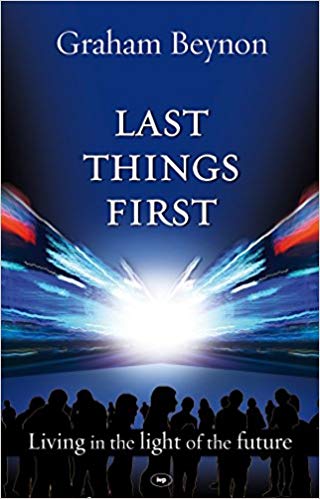Christians are sometimes warned about the danger of being so heavenly-minded that they are of no earthly use. Yet C. S. Lewis maintained (in Mere Christianity) that the witness of history is that those who did most for the present world were those who thought most about the next.
In this book, which began as a series of sermons, Graham Beynon considers the doctrine of the last things (eschatology) and argues convincingly that knowing what is to come (as revealed by God in the Bible) is of inestimable present benefit to the Christian.
He explains that Christians are presently living in the overlap of two ages, and there is a tension in our earthly lives between what is ‘already’ and what is ‘not yet’. In Christ, we are now children of the light, but we are still living in a dark world, awaiting the dawn of a glorious new day.
Knowing who we already are and knowing what is yet to come will motivate us to serve our Saviour faithfully and well, to live our lives in reverent fear of God, and to press on with urgency with the task of making the gospel of God’s grace known throughout the world.
There are individual chapters on the day of judgement, rewards for believers, heaven, hell, signs of the Lord’s imminent return, and the challenge of living in hope. More contentious issues related to different millennial views, the rapture, and the identity of the Antichrist are covered briefly in an appendix. On the matter of hell, Beynon is orthodox, arguing against universalism and annihilationism.
This is a practical book. The theology is clearly taught, with scriptural support, and is then applied relevantly and illustrated helpfully. Throughout the book, Graham Beynon demonstrates that the Bible’s teaching about the future has present implications, as he contends that every Christian ought to live in the light of the future.




